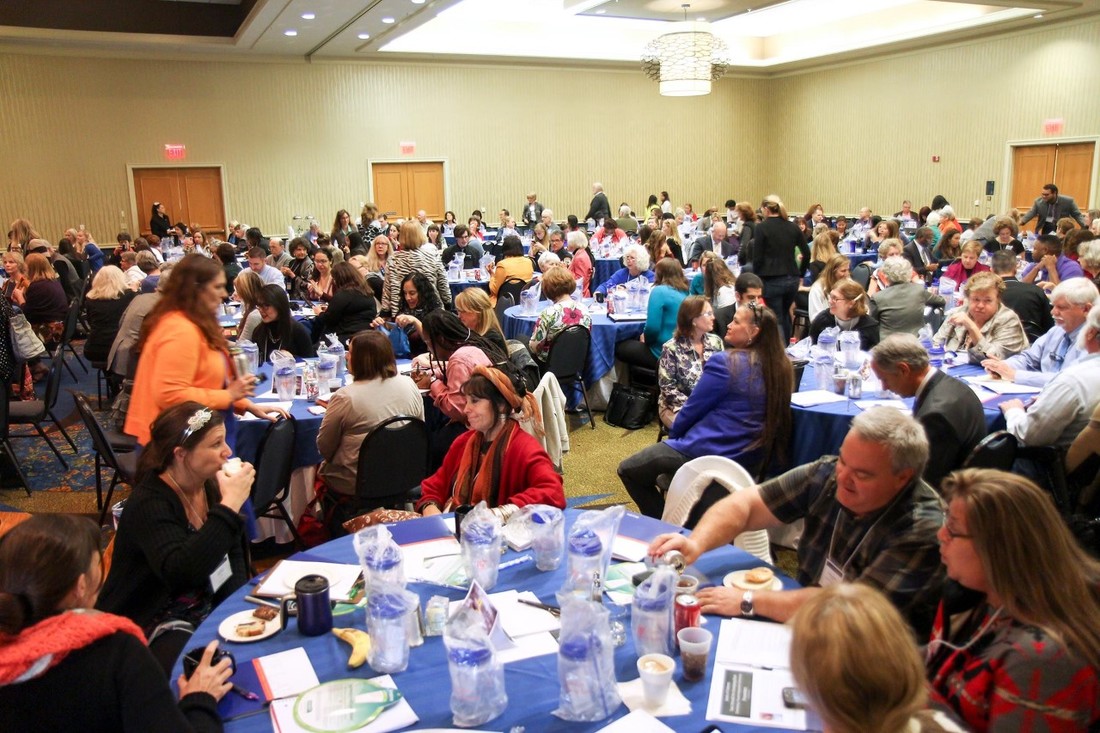Programs Currently Available
Each interactive program can be delivered in a format of 1 to 3 hours. Any combination of the programs can be incorporated into a half or full day seminar. These programs are open to all organizations, agencies, and entities. Please fill out the form below if you are interested in learning more.
Adverse Childhood Experiences:
Effects on the Body and Brain & the Good News About Resiliency
Adverse Childhood Experiences (ACEs) are common; almost two-thirds of people have at least one. ACEs can have a tremendous impact on our lifelong health and the health of our communities. As the number of ACEs increase, so does the risk for these negative outcomes. Learn about the ACEs research and how we can overcome early programing and rewire our brains to become more resilient. Program coverage may include: ACEs study and its prodigies; ACEs effects on the developing brain, hormonal and immune systems; the science of resiliency and practices to build it.
Foundational Strengths:
Building Wellness and Resiliency In Your Organization's Structure, Policies, Services and Workforce
A simple concept…build from the ground up…yet many service providers offer “trauma-informed” services to clients without recognizing their staff, structure, and policies do not have the foundational strength to deliver these services without the risk of re-traumatizing clients and/or themselves. This presentation identifies factors that encourage health, wellness, and resiliency that help support those that support others. Program coverage may include: organizational health assessments; occupational/systematic challenges such as vicarious trauma, burnout and compassion fatigue; reflective supervision; and ways to build work communities.
Community Resiliency Model (CRM):
Simple Wellness Skills to Practice and Share
|
The Community Resiliency Model (CRM) involves 3-6 biologically-based skills, rooted in science that help individuals and communities rebalance in body and mind. Whether we are reacting to trauma that is unique to us or community trauma such as poverty, racism, family violence, bullying or any other event that marginalize or stigmatize populations, CRM can help us recognize when our brain/body is experiencing “triggers” and bring us back to a better place of being. Program coverage may include: the science behind CRM; uses of CRM by both individuals and communities; explanation and practice of the 6 CRM skills.
|
CRM trainings we have recently offered were collaborated with:
|


